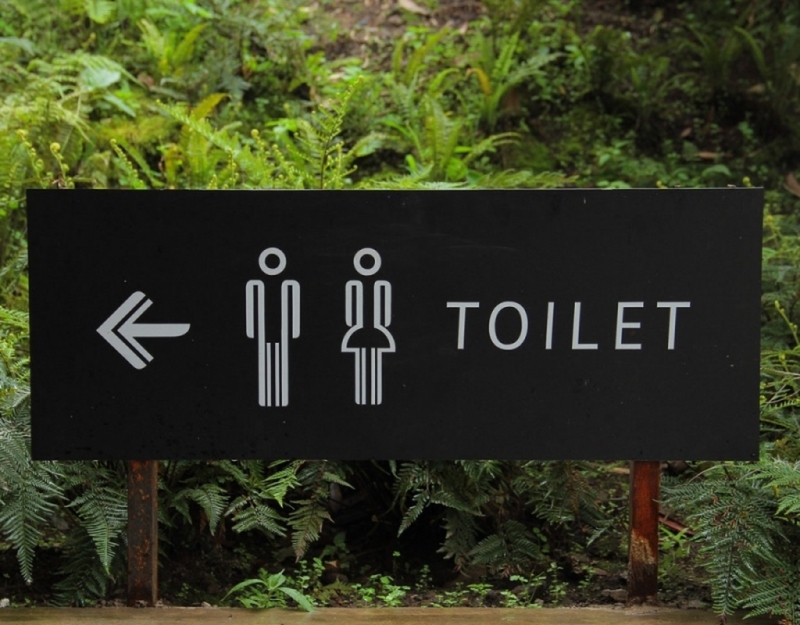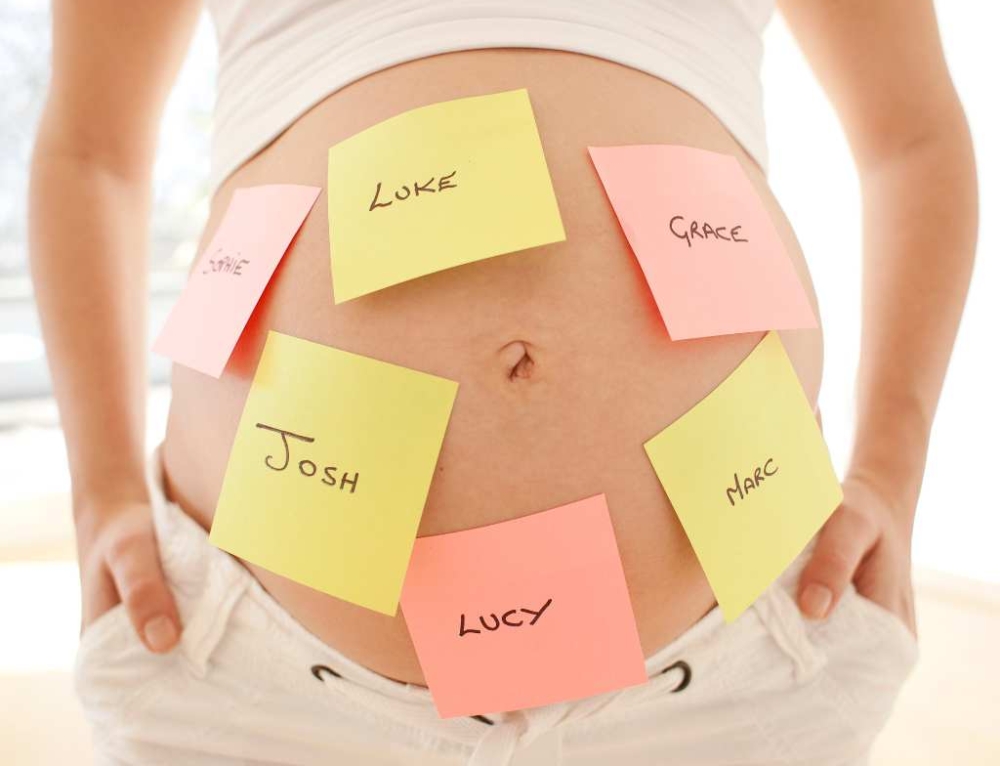Many women will complain of needing to pass more urine during early pregnancy. You may start noticing pregnancy symptoms or be able to detect pregnancy 7-10 days post ovulation, but it’s more likely you won’t experience them until around 6 weeks gestation. Some of these changes in early pregnancy can include:
- No period or lighter bleeding
- Cardiovascular, temperature and blood flow changes
- Breast and nipple changes
- Going to the toilet more frequently
- Morning sickness
- Increased saliva
- Dizziness and fainting
- Tiredness and exhaustion
- Headaches
- Constipation and wind
- Changed libido
- Cramping, backache and bloating
Why pregnancy makes us urinate more
This is mainly because the blood flow to the woman’s kidneys increases by up to 35 to 60%. The extra blood flow makes her kidneys produce up to 25% more urine soon after conception. This increased urine production peaks by about 9 to 16 weeks of the pregnancy, then settles down.
Passing urine frequently can also be influenced by pressure on the woman’s bladder from her growing uterus. Pressure on the bladder is the main reason why women pass urine frequently in the last 3 months of pregnancy, as the baby grows heavier, and moves further down into the woman’s pelvis in the weeks just before the birth.
While frequent urination is a feature of both the first and third trimesters, it is the change in pregnancy hormone levels, along with increased body fluids, that will have you running to the toilet every ten minutes day and night!
There is no way around this – and it will gradually improve – so don’t try restricting your fluids as it’s important for you and the growing baby to stay properly hydrated. You should be drinking about 6 to 8 glasses of fluids every day in order to maintain a healthy pregnancy. If you drink less than that on a regular basis, you can become dehydrated.
You can reduce your number of bathroom trips by avoiding beverages that have a mild diuretic effect, such as coffee, tea, soft drinks and alcohol (not that you’re probably drinking anyway!).
You can make fewer nighttime visits to the bathroom by drinking plenty of fluids during the day but then cutting back in the hours before you go to bed.
Apart from pregnancy, frequent urination can be caused by other factors including urinary tract infections, diabetes or diuretic medications.







Leave A Comment
You must be logged in to post a comment.